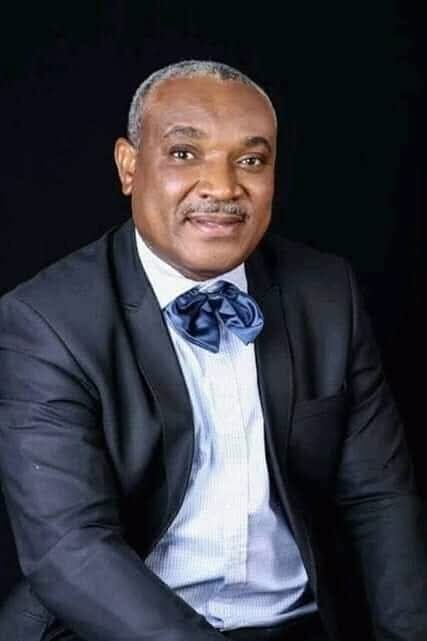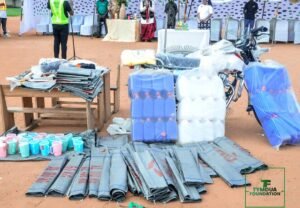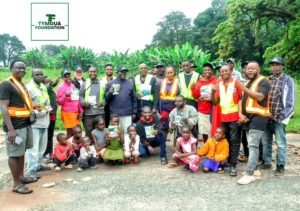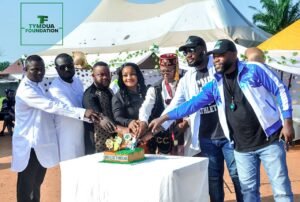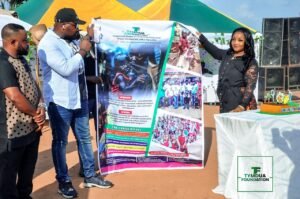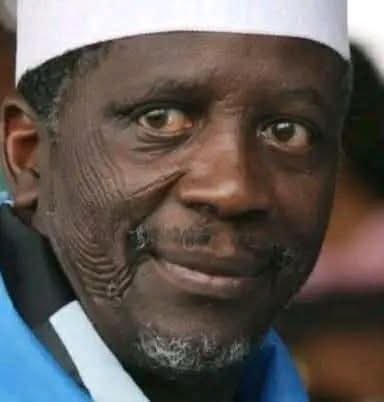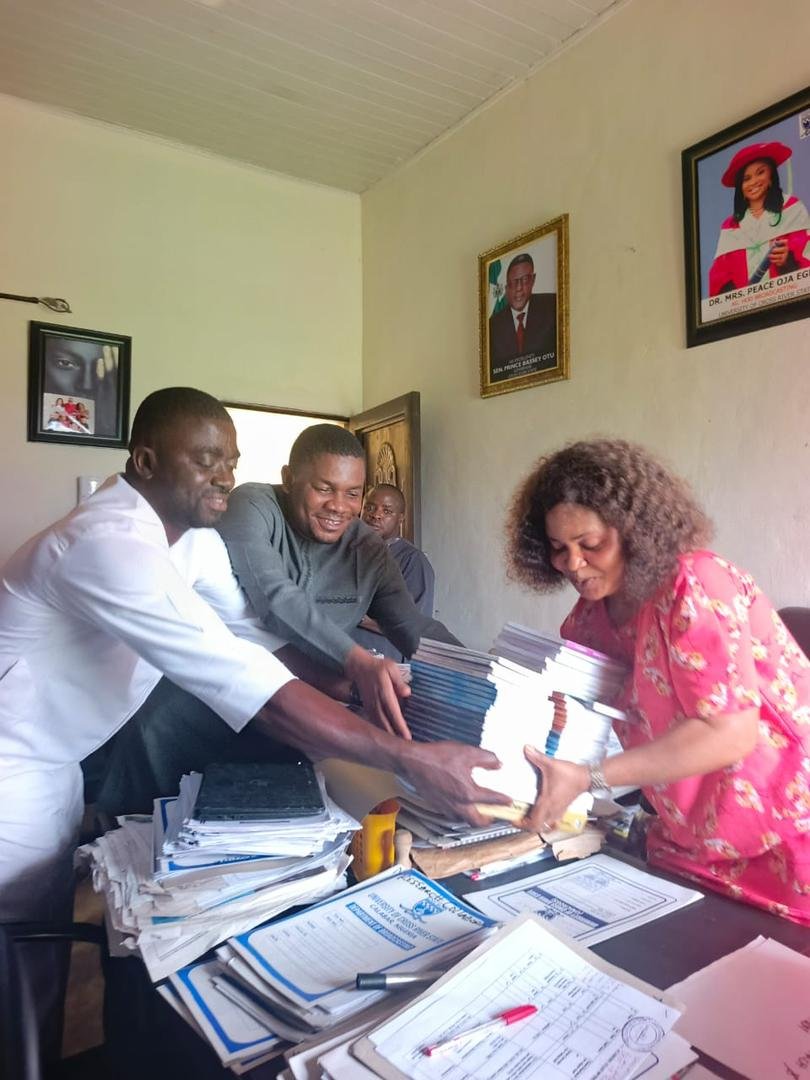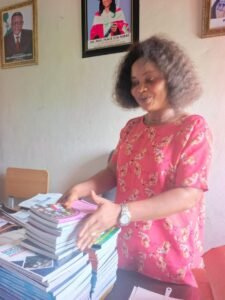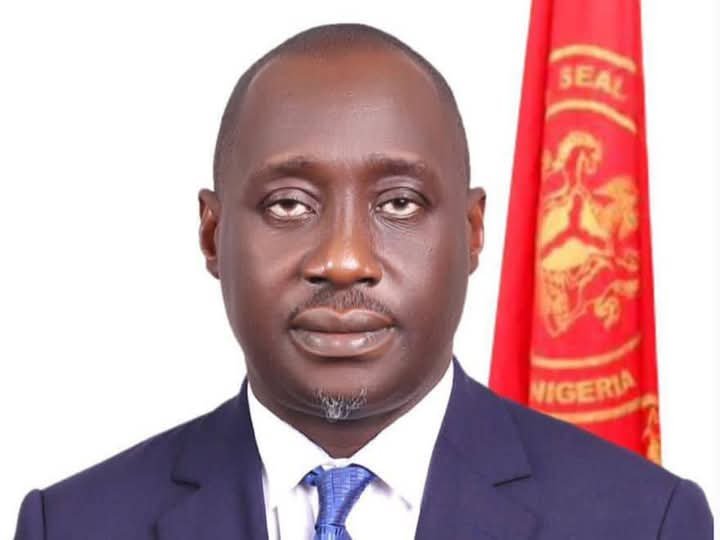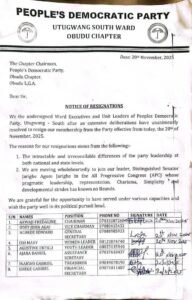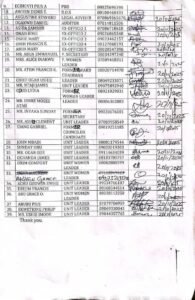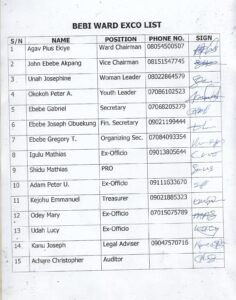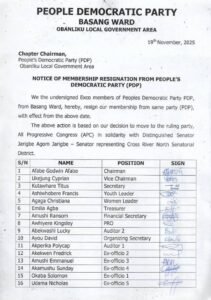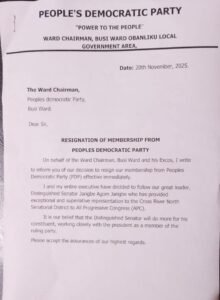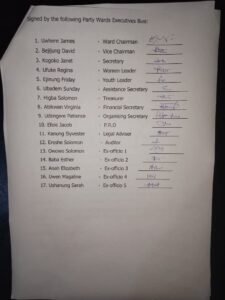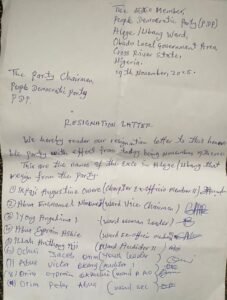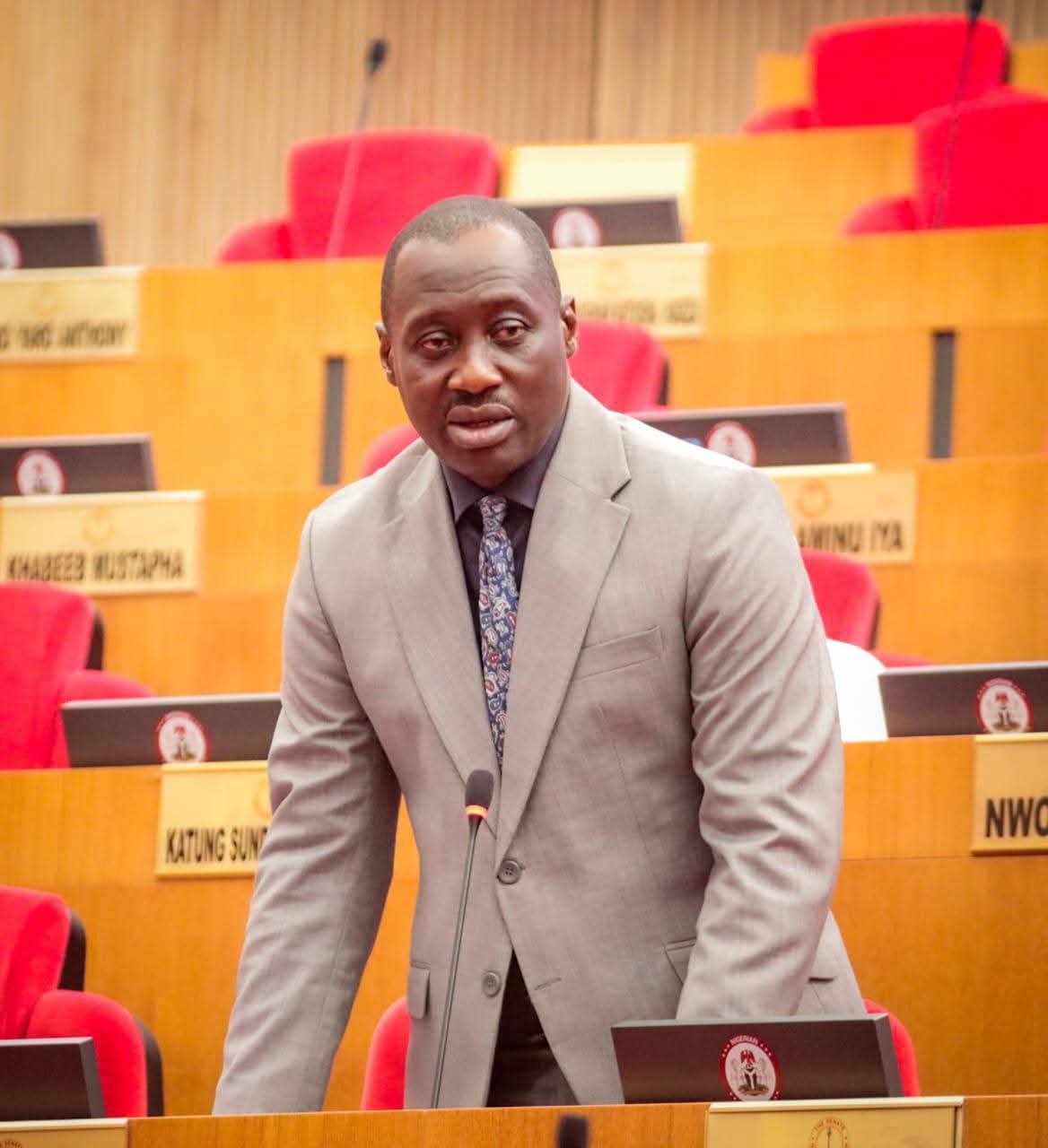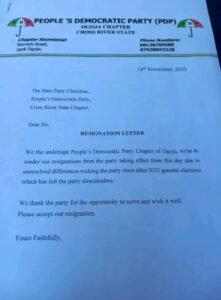Senator Jarigbe’s decision to join the All Progressives Congress (APC) is a masterstroke of political strategy, one that is anchored in the paradigm of surrender and transformation. To truly live, one must first surrender to death, not a physical demise, but a metaphorical one – the death of the ego, the death of limitations, and the death of the familiar. It is in this crucible of transformation that the essence of our being is forged, like gold refined in the furnace of adversity.
Senator Jarigbe’s decision to join the APC reflects his willingness to adapt and evolve, surrendering his attachment to the past and embracing the unknown, recognizing that true growth and victory lie on the other side of uncertainty. His move is a bold statement of intent, one that signals his willingness to take risks and challenge the status quo. With his deep understanding of the people, his ability to connect with them, and his knack for crafting winning strategies, Senator Jarigbe is poised to make history. His victory is not just a possibility, but a sure bet, as he has aligned himself with the forces of change and the will of the people.
The APC is a party of winners, with a track record of success in Nigerian politics. Senator Jarigbe’s decision to join the party is a strategic move that gives him access to a wealth of resources, expertise, and networks. The APC has a strong presence in Cross River State, and Senator Jarigbe’s move is likely to boost the party’s chances in the 2027 elections. His popularity and influence in the state make him a valuable asset to the party, and his decision to join is a significant coup.
Surrender is not a sign of weakness, but a sign of strength. It takes courage to let go of the familiar and embrace the unknown. Senator Jarigbe’s decision to join the APC demonstrates his willingness to take risks and trust in the process of transformation. In politics, surrender is not just a personal journey, but a collective one. It requires a willingness to listen to others, to build coalitions, and to work towards a common goal. Senator Jarigbe’s move shows his ability to build bridges and unite people towards a common purpose.
Senator Jarigbe’s journey to victory is not just about him, but about the people who support him. He has built a strong connection with the people, and they trust him to deliver on his promises. His decision to join the APC reflects his commitment to serving the people and making a positive impact in their lives. He is a leader who is willing to take risks and challenge the status quo, and his victory is a sure bet.
In conclusion, Senator Jarigbe’s decision to join the APC is a masterstroke of political strategy, one that is anchored in the paradigm of surrender and transformation. His move reflects his willingness to take risks, trust in the process of transformation, and align himself with the forces of change and the will of the people. Let us, therefore, take a cue from Senator Jarigbe’s playbook and surrender to the fire that forges us. Let us emerge, reborn and renewed, our spirit unshaken, and our will unbroken. For it is in dying to our old selves that we are reborn, and it is in surrendering to the unknown that we discover our true potential. Victory is indeed a sure bet for Senator Jarigbe, and may his tribe increase! What a matchless persona in current political evolution. No one can doubt his capacity to make a fundamental difference and change. Has his entrance rattled the gladiators? One thing is sure, political permutations have been altered and he is leading the pack currently.
Peter Agi (FCA)
Writes from Ijegu Yala.
Disclaimer: The opinion expressed in this article is strictly that of the author, and does not represent Theluminenews, its agent or the organisation the author works for/with.

